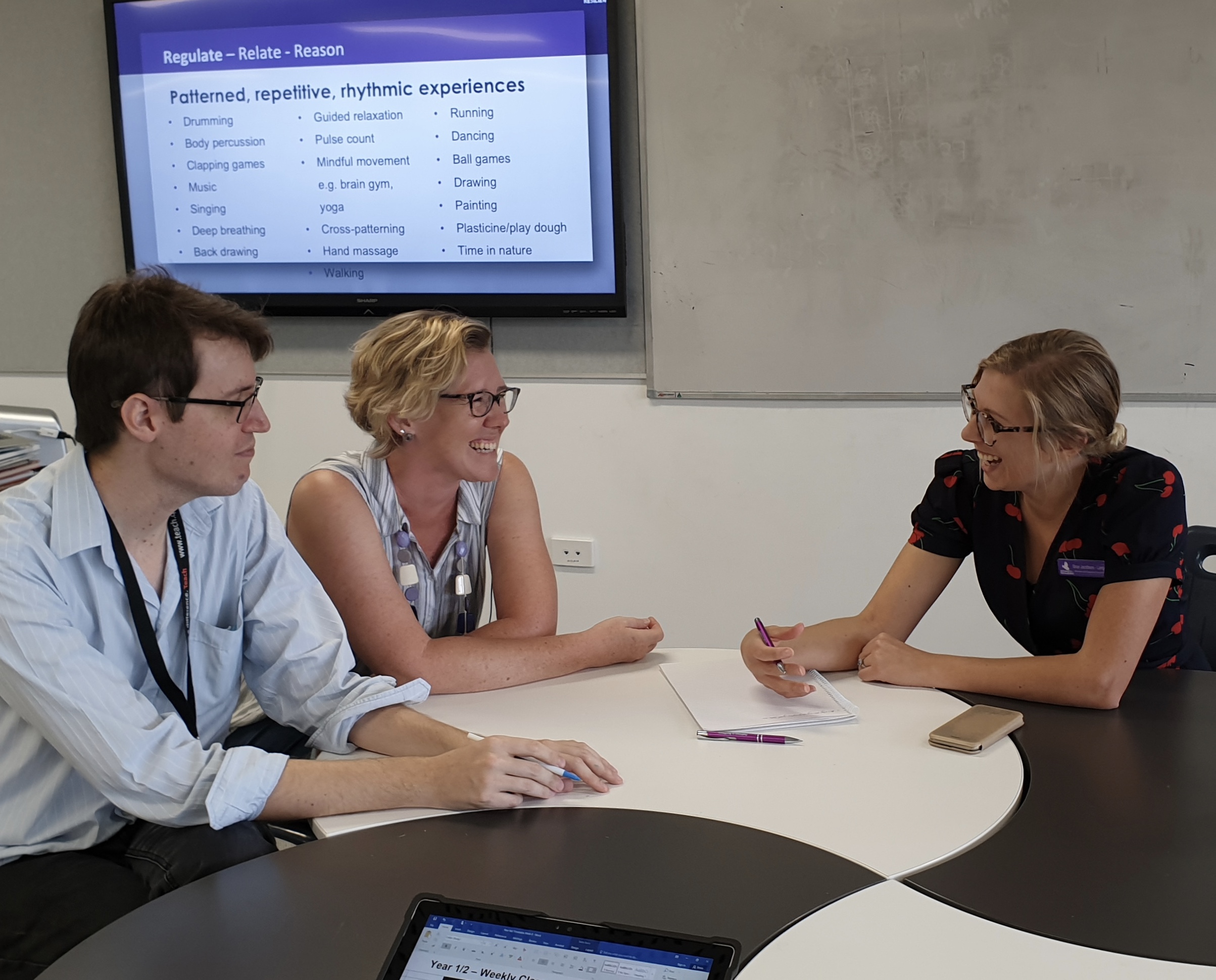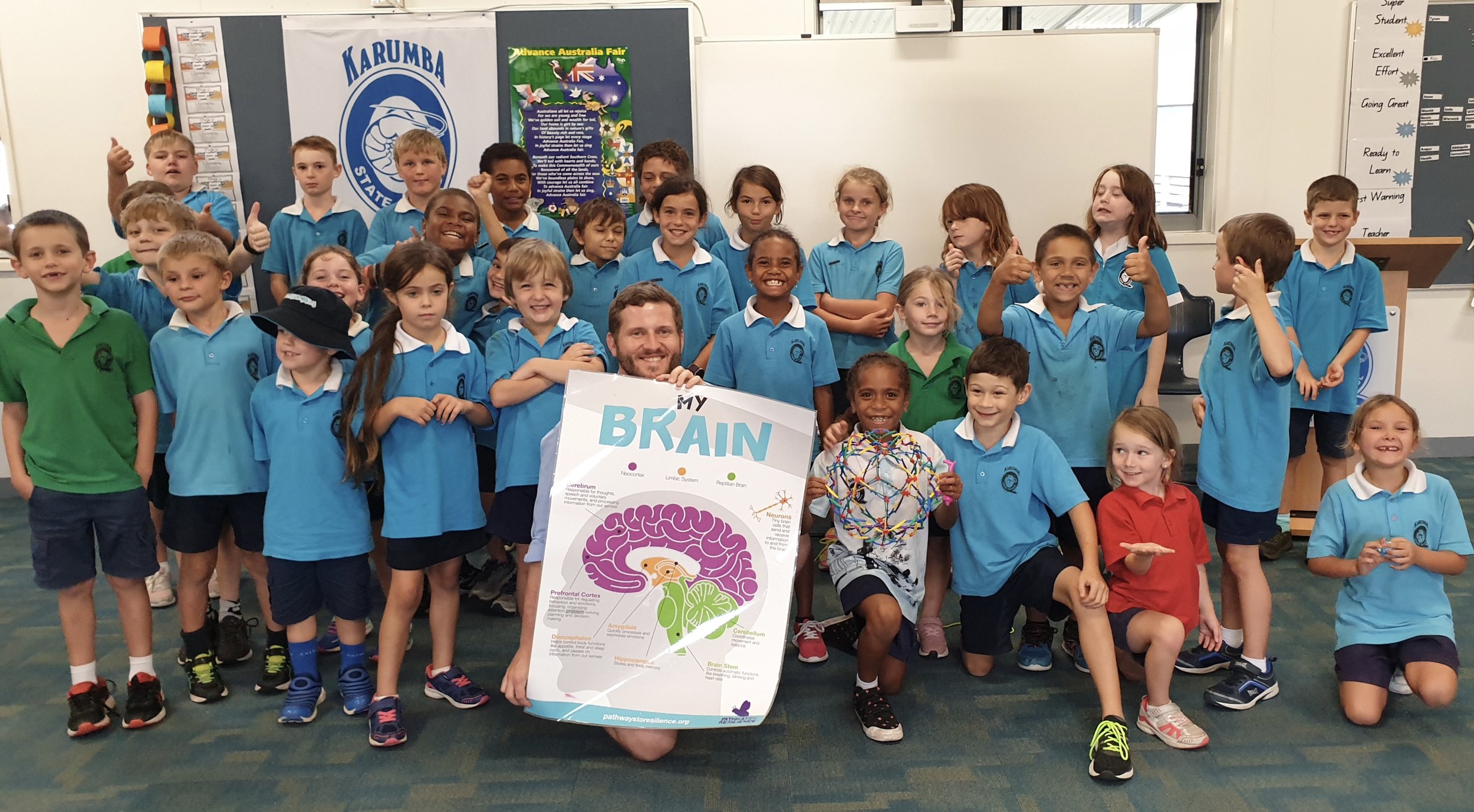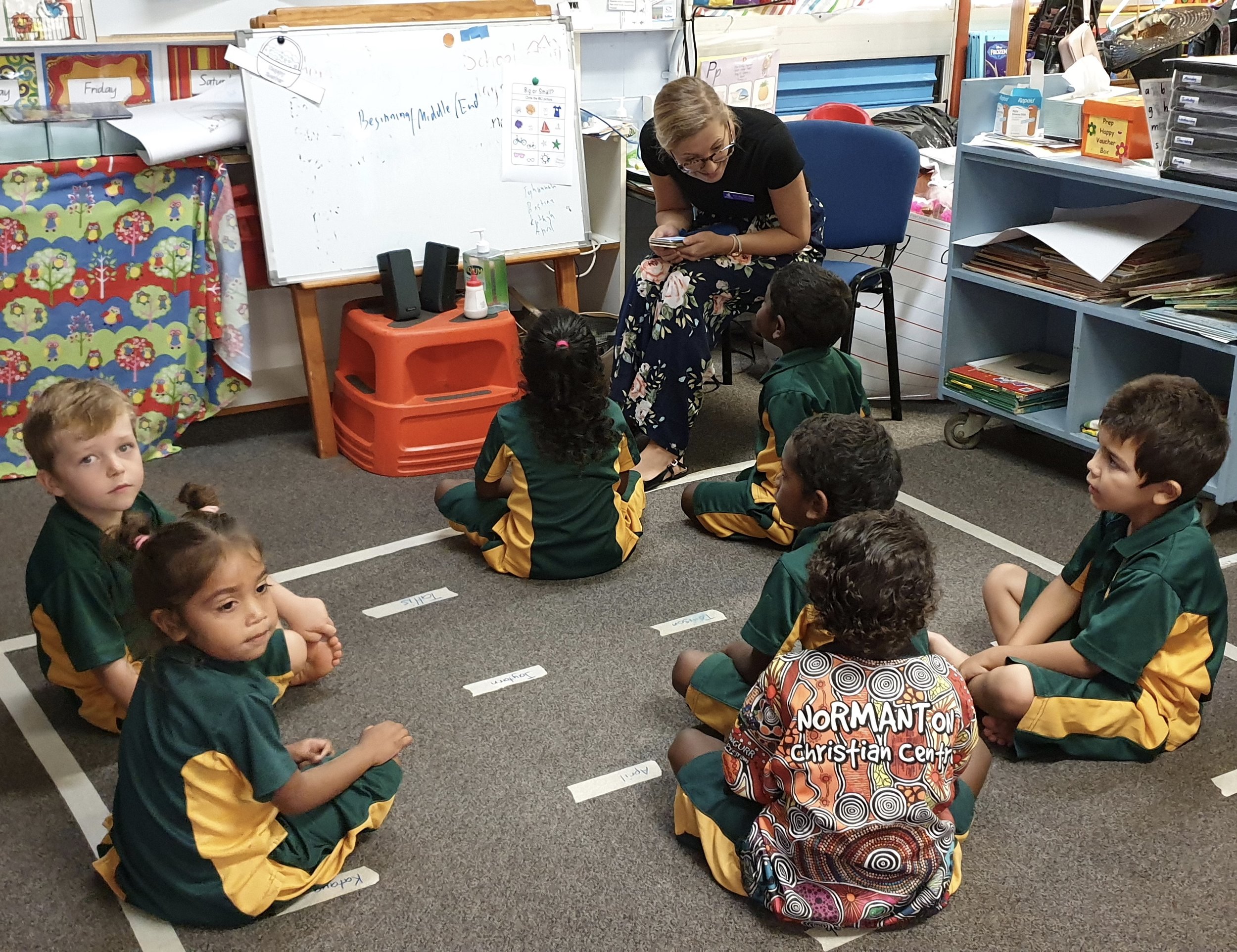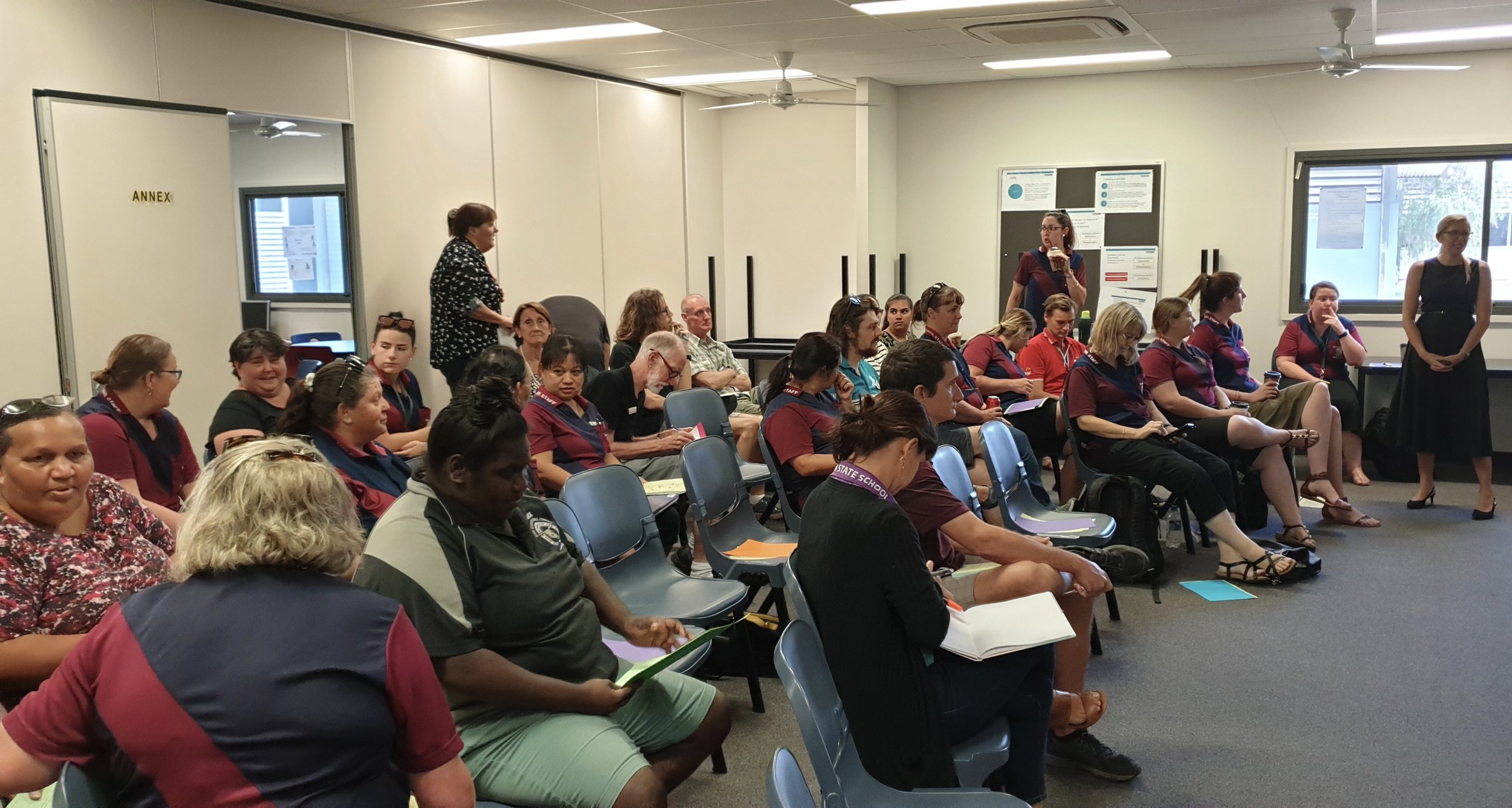Pathways to Resilience
Pathways to Resilience deliver programs designed to prevent anxiety, depression, and suicide, achieving positive outcomes for children, young people, families and communities.
Did you know, one in five (20%) Australians aged 16-85 experiences a mental illness in any given year? Australian youth have the highest prevalence of mental illness of any other age group. Pathways to Resilience was formed to address this. Specifically, the Pathways to Resilience team works in regional, remote and low-socioeconomic communities.
2018 Pitch
Funds Raised: $35,400
Debbie was pitching for funds to support the 'Wings to Fly' program. This program provides training to educators in remote regions to better support children who are at risk of being left behind due to behavioural problems and issues at their home. The program also works with elders, families and local community organisations as well, to build capacity and sustainability in the area.
The impact…
When a child falls behind in school, they too often stay behind. In remote Australia, a lack of access to alternative schools and services means that it’s more important than ever for a community to work together. The effects of this trickle down to the younger generation, allowing the cycles of disadvantage to be broken and for potential to be realised.
At TFN Live Brisbane, Pathwways to Resilience was pitching for funding to run their Wings to Fly program, and thanks to additional funds received from the donors, were able to do much more. In addition to the educator training, they were able to facilitate Building Resilience workshops for families. During their time in Normanton and Kurumba, they were able to engage directly with 14 early years educators, 57 teaching and non-teaching school staff from the local schools and 258 students.





“One of the participants, a traditional custodian of the land, from the Gkuthaarn tribe attended the Wings to Fly training. She approached the trainer during a lunch break and shared her gratitude about the acknowledgement of traditional drums, dancing and healing customs. She expressed her feeling of empowerment about having the science behind these cultural traditions and the permission she felt it granted her to embed these within her classroom and teaching to assist children in regulation, healing and connection.
Connecting with the existing traditions and culture of the community rather than imposing a different way of working that does not reflect this community engendered a sense of trust and acceptance of the program. By sharing her traditions and the acknowledgement of how they were part of the model of support we were discussing, this traditional elder felt acknowledged in her position of leader in the community. She was able to contribute her stories to the training and this importantly enabled her to be a community leader who could support this ongoing way of working and support for children's mental health” - Dan Pierce
Read their Impact Report










